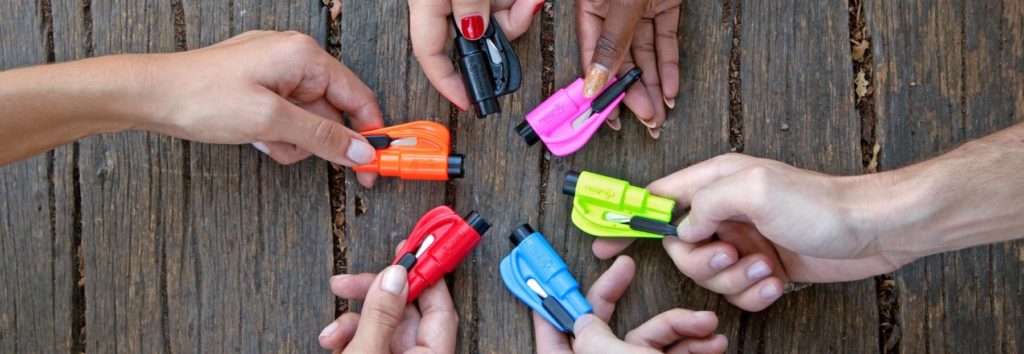Part of resqme, Inc.’s support of the National Breast Cancer Foundation (NBCF) during Breast Cancer Awareness month is to help spread important information about breast cancer and early detection. One aspect of that is understanding the signs and symptoms of breast cancer. Below is some helpful information from the American Cancer Society and the NBCF about what to look for, or take note of, when monitoring overall breast health. Early detection is all about taking preventative steps. Lives can be saved by knowing the signs and taking immediate action.
From the American Cancer Society‘s website:
Widespread use of screening mammograms has increased the number of breast cancers found before they cause any symptoms. Still, some breast cancers are not found by mammogram, either because the test was not done or because, even under ideal conditions, mammograms do not find every breast cancer.
The most common symptom of breast cancer is a new lump or mass. A painless, hard mass that has irregular edges is more likely to be cancerous, but breast cancers can be tender, soft, or rounded. They can even be painful. For this reason, it is important to have any new breast mass or lump or breast change checked by a health care professional experienced in diagnosing breast diseases.
Other possible signs of breast cancer include:
- Swelling of all or part of a breast (even if no distinct lump is felt)
- Skin irritation or dimpling
- Breast or nipple pain
- Nipple retraction (turning inward)
- Redness, scaliness, or thickening of the nipple or breast skin
- Nipple discharge (other than breast milk)
Sometimes a breast cancer can spread to lymph nodes under the arm or around the collar bone and cause a lump or swelling there, even before the original tumor in the breast tissue is large enough to be felt. Swollen lymph nodes should also be reported to your doctor.
Although any of these symptoms can be caused by things other than breast cancer, if you have them, they should be reported to your doctor so that he or she can find the cause.
For more information about signs and symptoms of breast cancer as well as a more in-depth look at breast self-exams, please visit the National Breast Cancer Foundation site.
Sources: cancer.org & nationalbreastcancer.org
To learn more about resqme, Inc.’s work with breast cancer, please visit: resqme.com/pink

